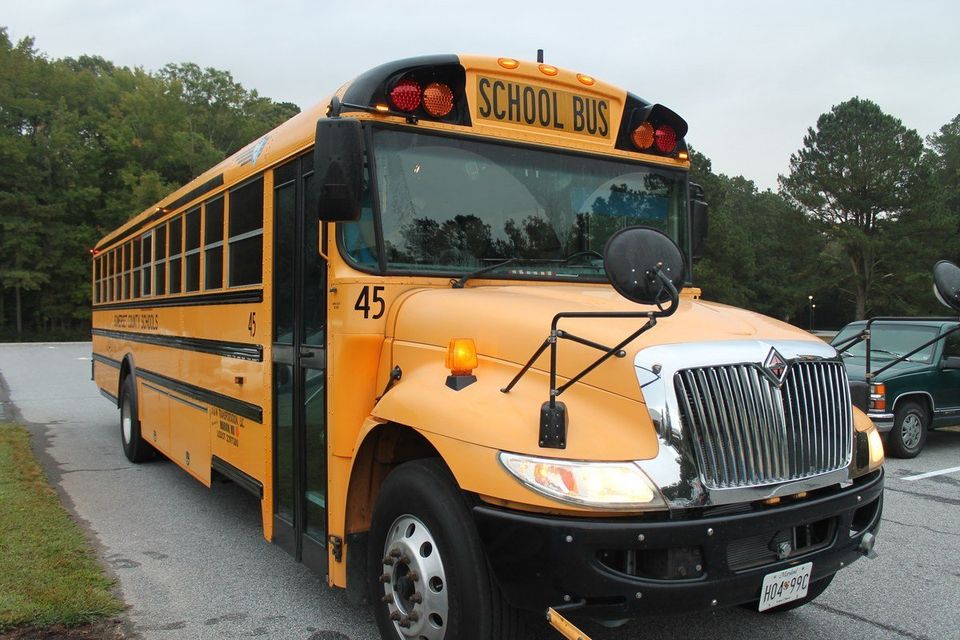Education Policy and the 2018 Election Cycle
Whatever their political party, most Americans strongly support the public school system as the best means of insuring a good education for the majority of our children. They may not agree on all the details of curriculum and methodology, but most agree that in general public education is a good thing. Under Betsy DeVos’s leadership as Secretary of Education, however, it is clear that there has been a shift in attitude toward public schools.
It is true that the federal government has a limited role in education. Most school funding comes from state and local governments. Nevertheless, billions of dollars of federal funds do go to helping students go to college, and through its regulatory authority the Department of Education does impact the experiences of American students and their families. Two cornerstones of the Trump campaign in 2016, as regards education, were (1) the elimination of the Common Core State Standards and (2) a shifting of more public funding to private and for-profit schools. Secretary DeVos has made her opposition to the Common Core very clear. Opposition to this program is based upon a number of misconceptions. Contrary to the myths that surround the subject, it does not prescribe a specific curriculum nor does it mandate particular teaching methods. Nor was it instituted by the federal government. What it does is establish a fairly broad set of academic benchmarks that students in each grade level should meet. During the Obama administration, the Dept. of Education offered waivers from the No Child Left Behind requirements as well as grants under the Race to the Top program to offer incentives for school systems to adopt the Common Core. Currently 42 states (including Maryland) have adopted and implemented Common Core Standards, and both the PSAT and SAT college entrance tests are aligned to those standards. While it is unlikely that DeVos will succeed in eliminating the program, it is not impossible, and, whatever their stand on the subject, voters should make their views known to their representatives in Congress as well as to Secretary DeVos.
This administration’s other major initiative is the shifting of funds from public education to private and for-profit schools, basically meaning increasing funding for non-public schools through a voucher system or other means. Promoters of this policy argue that if schools had to compete in the marketplace, as businesses do, the result would be improved education. Those on the other side note that while profit is the goal in a free market, the goal of public education is supposed to be the public good. Secretary DeVos has spent much of her public career advocating non-public schools. Currently, the Every Student Succeeds Act (2015) allocates about $15 million in federal funding for equal access to primary and secondary education, intended primarily to benefit students in poverty. The Department of Education could use its regulatory role to shift some of that money to students who attend private or charter schools. The question for voters is: would you approve of that?
In her article titled “Betsy DeVos’s first year: a report card,”, published on Feb. 7, 2018, Shavar Jeffries wrote as follows: “From proposed cuts in federal education investments and failed oversight of the laws that ensure equity across the country to the rollback of civil rights protections, it’s clear that this administration’s policies and values have had a deeply negative affect on our nation’s most vulnerable school children, particularly low-income students of color.” Jeffries does note, however, that DeVos’s first year has not been entirely negative. The administration’s proposed budget maintained Title I funding, increased special education funding and also increased the appropriation to the federal Charter School Program.
At the state level voters need to watch for the final report from the Kirwan Commission on Innovation in Education, which is due out at the end of the year. (See Common Sense article on the Kirwan preliminary reportin Common Sense , Issue #15, April 4, 2018.) The Commission is expected to make recommendations for a more equitable funding arrangement among other things. The question is how will Governor Hogan and the legislature respond to the recommendations in the form of signed legislation.
Since in the current system most funding for public education is at the county level, voters need to take that into account as they decide for whom to vote in county council or commission races and school board races. For example, in Kent County the commissioners recently made significant cuts in the school budget presented by Superintendent Couch and approved by the Board of Education. Their action was taken in the face of broad public disapproval. Are similar cuts happening in your county?
These are all points to ponder as the fall election approaches.
Sources:
“President Trump and the Future of Education.”
Shavar Jeffries, “Betsy DeVos’s first year: a report card.” The NewYork Daily News, Feb. 7, 2018.
Common Sense for the Eastern Shore








